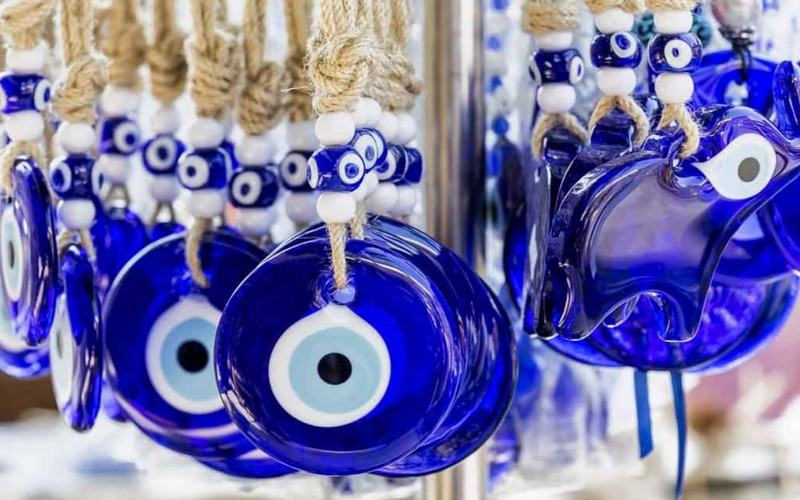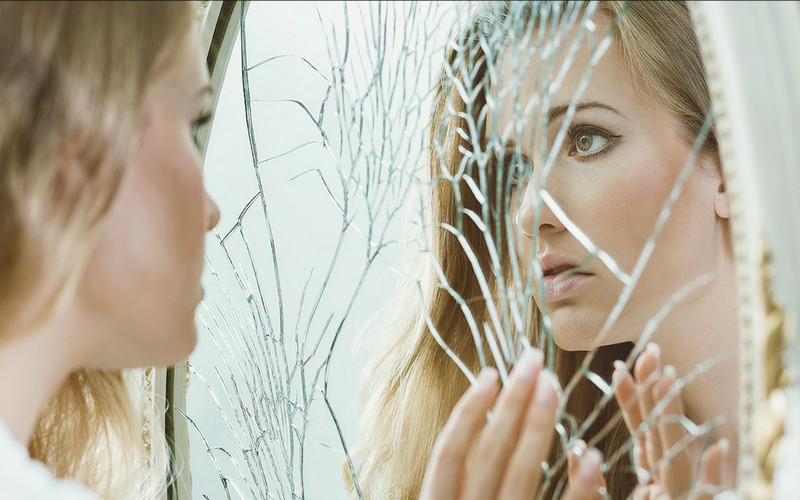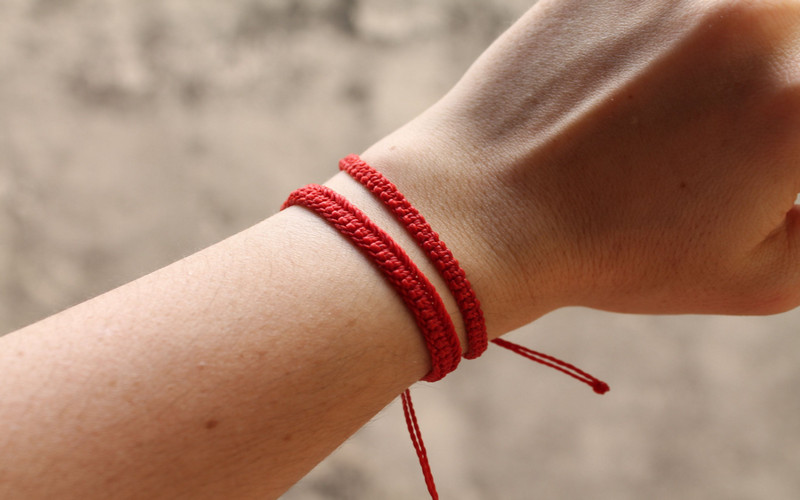Superstitions have played a significant role in human history, often rooted in cultural beliefs and passed down through generations. Greece, with its rich history and deep-seated traditions, is no exception. Despite advancements in science and technology, many Greeks still hold onto age-old superstitions that have been part of their culture for centuries. In this article, we will explore 10 Greek superstitions that people still believe in today.
- The Evil Eye (Mati)
The belief in the “Evil Eye” is one of the most common superstitions in Greece. It is thought that some people possess the power to cast a malevolent gaze upon others, causing them harm, bad luck, or misfortune. To ward off the Evil Eye, Greeks often wear blue and white beads called “mati” or use charms and amulets. Newborns are particularly susceptible to the Evil Eye, so families often adorn them with protective charms.

- Breaking Mirrors
Breaking a mirror is believed to bring seven years of bad luck in Greek superstition, similar to many other cultures. This superstition is rooted in the idea that mirrors not only reflect our physical appearance but also our souls. Breaking one can supposedly disrupt the harmony of one’s soul and lead to misfortune.

- Tuesday the 13th
While many Western cultures associate Friday the 13th with bad luck, Greeks have their own version of this superstition. Tuesday the 13th is considered an unlucky day in Greece. This superstition likely has its origins in the belief that Tuesday is ruled by Ares, the god of war, and 13 is an inherently unlucky number.

- Spitting Three Times
If someone in Greece mentions an unfortunate outcome or a potential danger, it is customary to spit three times to ward off the negative energy. This act is believed to deter the jinx and prevent the predicted misfortune from coming to pass.
- Sweeping at Night
Sweeping your home at night is considered unlucky in Greek superstition. It is believed that you may sweep away good luck and prosperity along with the dirt. Many Greeks prefer to sweep their homes during the day to ensure they are not inadvertently removing blessings from their lives.
- Red Thread for Protection
The use of a red thread is a common superstition in Greece to protect against evil forces. People often tie a small piece of red thread around their wrist or ankle or attach it to their clothing or personal belongings. It is believed that the color red has protective properties and can ward off negative energy.

- Knocking on Wood
Knocking on wood to prevent bad luck is a superstition that exists in many cultures, including Greek. When someone mentions something they hope will not go wrong, it is customary to knock on a wooden surface to avoid tempting fate.
- The Leap Year Prophecy
In Greece, leap years are considered unlucky for marriage. It is believed that women who marry during a leap year will have a troubled marriage, often leading to divorce or unhappiness. As a result, many couples choose to avoid getting married during leap years.
- Beware of Compliments
In Greek superstition, accepting a compliment without adding a touch of superstition can lead to misfortune. When someone praises your appearance or possessions, it is customary to respond with “ftou, ftou, ftou” (the sound of spitting) to protect yourself from the potential evil eye that compliments may attract.
- Bread Superstitions
Bread holds a special place in Greek culture, and there are several superstitions associated with it. Dropping bread on the floor is believed to bring bad luck, so it is customary to kiss it and make the sign of the cross before consuming it. Also, Greeks never place bread upside down, as this is seen as a sign of disrespect to the Earth and its bounty.

Superstitions are deeply ingrained in Greek culture and have been passed down through generations, shaping the way many Greeks approach various aspects of their lives. Despite the advancements of modern society, these superstitions continue to be a part of everyday life for many Greeks, serving as a connection to their rich cultural heritage and beliefs. While some may view these superstitions as mere folklore, they remain a fascinating and enduring aspect of Greek tradition.





